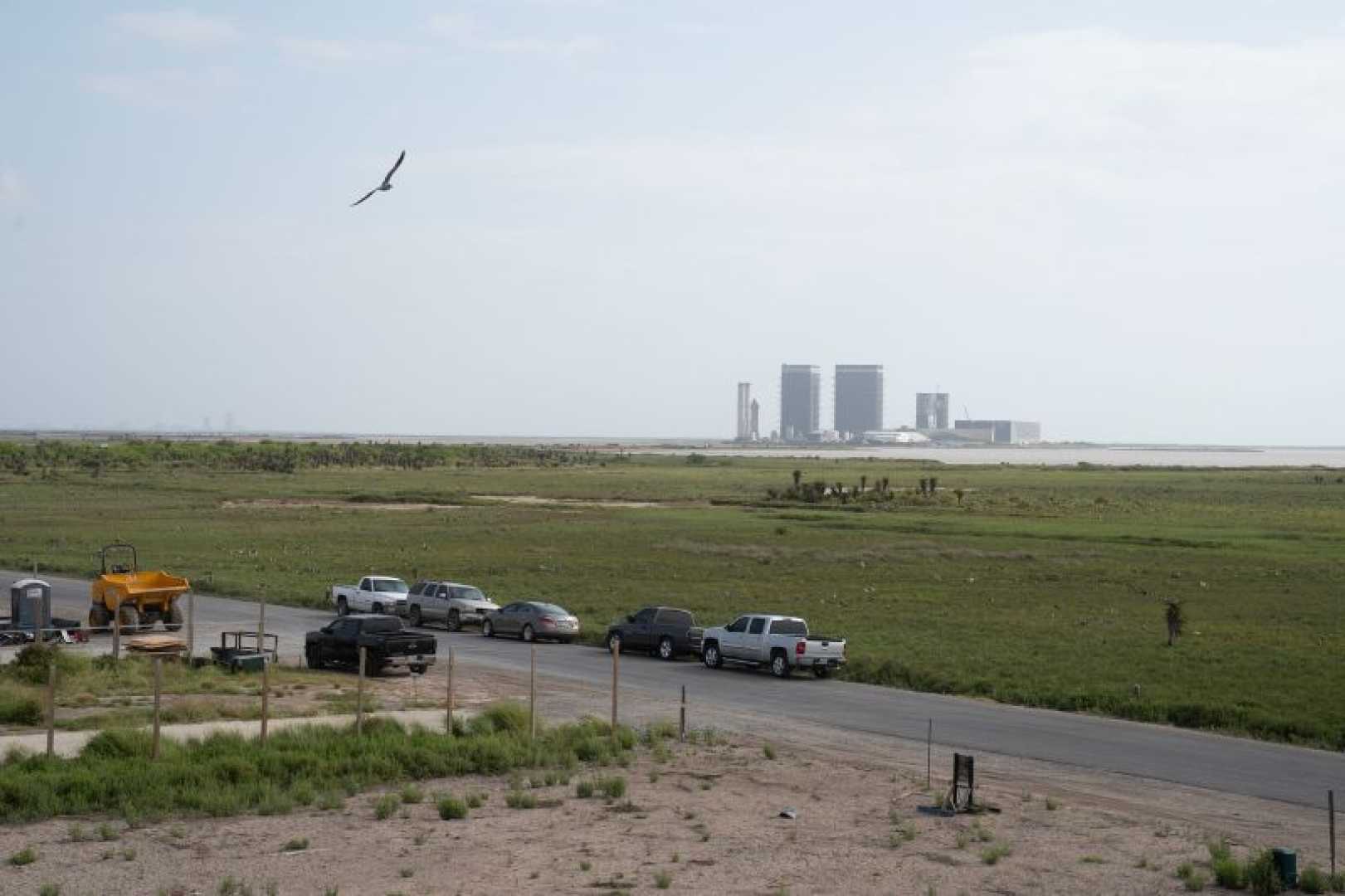Business
SpaceX’s Plans for New Company Town Stir Mixed Reactions in Texas

Brownsville, Texas – Elon Musk‘s SpaceX is moving ahead with plans to create a company town in the Texas Gulf Coast region, aiming to accommodate its growing workforce. The town, intended to be located near the SpaceX launch site, has generated both excitement and concern among local residents.
According to a report from The Wall Street Journal, there are currently over 3,400 SpaceX employees and contractors working at the site. In December, Musk’s company announced its intention to incorporate the area into a town. The local county approved a referendum that will allow residents to vote on the incorporation, with the election scheduled for Saturday.
The proposed town, referred to as Starbase, would encompass multiple properties along a state highway and include approximately 247 residential lots. Kathryn Lueders, general manager of Starbase, emphasized the need for the town to provide essential civic functions, such as road management, utilities, schooling, and healthcare for its residents.
SpaceX reportedly spends around $1.5 billion annually on operations at Starbase. The Journal also noted that several SpaceX employees are in line for key government positions if the town is established. Bobby Peden, a current SpaceX vice president, is slated to be the mayor, while other employees, Jordan Buss and Jenna Petrzelka, are proposed to serve as commissioners.
However, local residents have expressed skepticism about the development. Activists in the area, interviewed by Politico, voiced concerns about Musk’s plans. One organizer stated, “It’s the richest man on the planet using us as a testing ground.” They fear that Starbase is just the beginning of Musk’s ambitions in the region.
In addition to Starbase, Musk has other urban projects underway. Reports earlier this year indicated that he is also developing a town named Snailbrook near Austin, Texas, which is currently under construction. Some locals view these initiatives as a return to a capitalist model from the 19th century, where workers live on-site and are closely tied to corporate interests.
Musk’s vision for these communities raises questions about the future of labor rights and local governance, as more tech industry leaders explore similar constructs.












